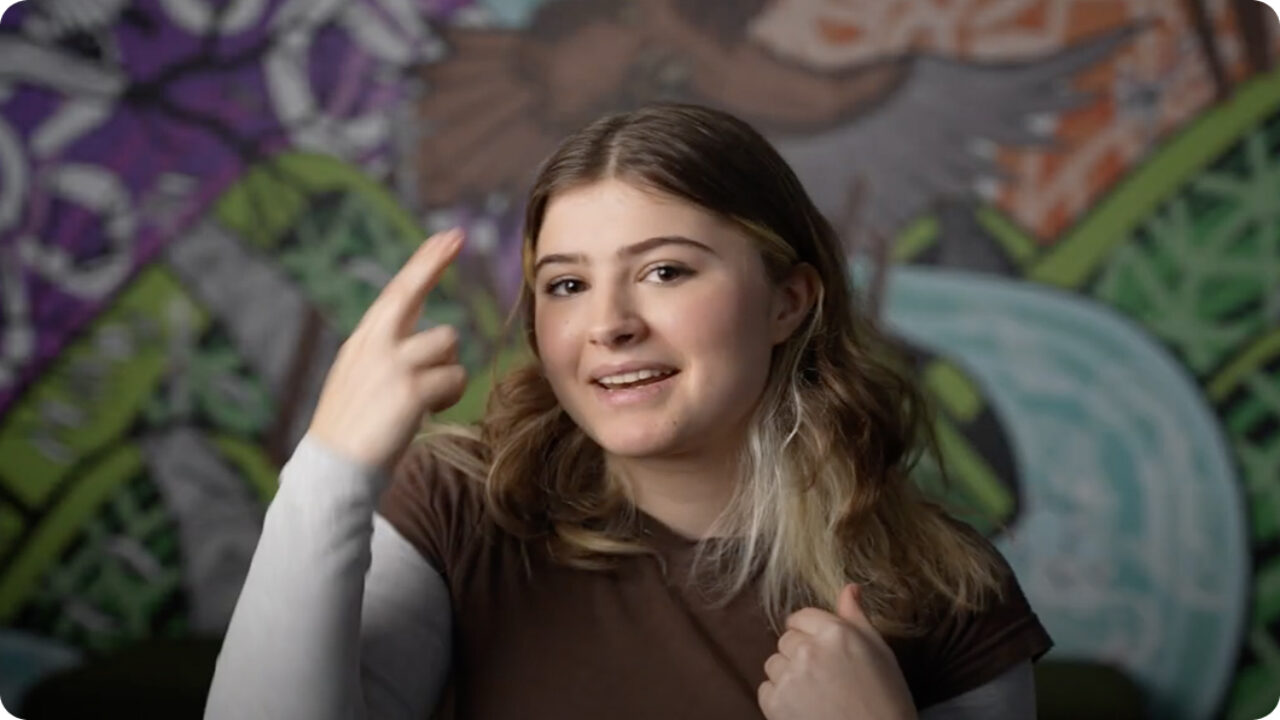Meeting with disabled young people
When you first arrange to meet with a disabled young people, there are a few things that may be helpful to consider.
This page outlines practical steps to help you prepare for meetings with disabled young people in a way that supports meaningful participation.
From understanding and meeting access needs to ensuring communication is inclusive, small actions can make a big difference in helping disabled young people feel respected and heard.
Meeting tips
Give disabled young people the option to meet online or in person. Either option could be preferable for different reasons. For example, if a disabled young person wants to avoid catching COVID, online or outdoor meetings would be safer.
If the meeting is online, make sure attendees have the option to turn the captions on or off
Give any information in advance, such as an agenda for the meeting or any documents you might want to talk about at the meeting.
Provide social scripts (also known as social stories) so that clients know what to expect of the meeting. You can download an example below, or follow the page to the Amaze website for more information.
Identify if an interpreter is required beforehand, and book as far ahead as possible. This means that you're less likely to get in a situation where there is a communication barrier.
Social Scripts
Amaze, an organisation working to create an autism inclusive Australia, has more information about social scripts that may be useful.
Amaze Social Script Information
Working with interpreters
When you meet with disabled young people, you should make sure that it is as accessible as possible. For example, if the person you are meeting with uses Auslan, you should make sure there is an interpreter. To learn more about working with interpreters, check out this video by Maya, a young Deaf person.
Supporting young people to advocate for themselves
Balancing the needs of a disabled young person and their parents can be challenging, especially if they want different things. Ensure the young person is heard and is meaningfully engaged in the process.
By using accessible, empowering communication, you can support the disabled young people you’re working with the have agency over their supports while increasing their independence and self-advocacy skills.
It’s not just about accessibility, but about creating a space where they feel heard, understood, and respected. Informed consent is also key—disabled young people have the right to understand the services they receive and their rights within those services.